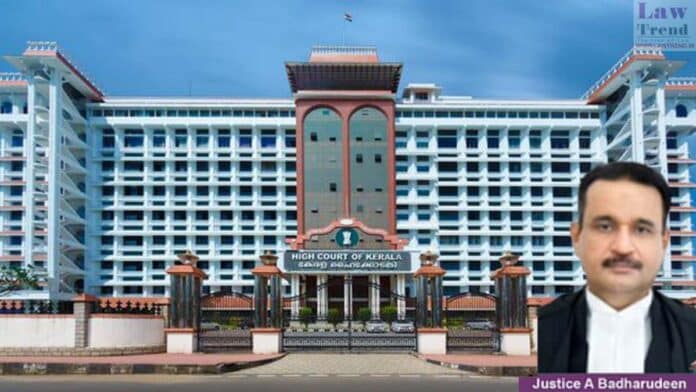In a significant ruling, the Kerala High Court held that engaging in sexual intercourse in a naked state in the presence of a minor constitutes sexual harassment under the Protection of Children from Sexual Offences (POCSO) Act. While partially allowing a petition seeking quashing of charges, the Court ruled that the accused must face trial
To Read More Please Subscribe to VIP Membership for Unlimited Access to All the Articles, Download Available Copies of Judgments/Order, Acess to Central/State Bare Acts, Advertisement Free Content, Access to More than 4000 Legal Drafts( Readymade Editable Formats of Suits, Petitions, Writs, Legal Notices, Divorce Petitions, 138 Notices, Bail Applications etc.) in Hindi and English.




